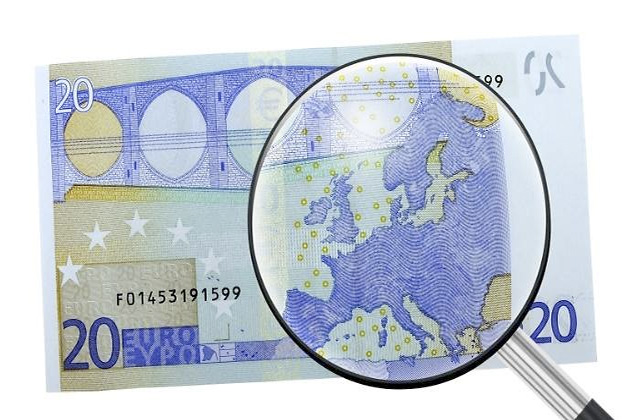CoM| A deepening slowdown in manufacturing and near stagnation of activity in the services sector means that the eurozone has started the third quarter with the fastest contraction in total activity since November last year, according to the PMI index.
“The second half of the year has got off to a bad start for the euro area economy. Judging by the PMI index, total economic activity fell in July after stagnating in the previous month and showing solid growth overall during the first five months of the year. The fall in total activity is driven by the manufacturing sector, but growth in service sector activity has also moderated, reducing support for the economy as a whole,” comments Hamburg Commercial Bank.
The seasonally adjusted composite PMI index of total eurozone activity came in at 48.6 in July, down from 49.9 in June and, more importantly, below the no-change level of 50, which separates growth from contraction.
Once again, the manufacturing sector represented a considerable drag on the euro area’s economic performance in July, as production volumes declined at a rapid and accelerating pace. Weakness among product manufacturers was accompanied by a further slowdown in the services sector, where activity levels were close to stagnation.
Overall activity volumes were restrained by the deterioration in eurozone demand for products and services at the beginning of the third quarter. New order volumes fell for the second consecutive month, and the decline accelerated amid a sharp reduction in new export orders. Overall, the decline in total new orders was the sharpest since October last year.
The contraction in order backlogs in July continued to free up capacity at eurozone firms, causing order backlogs to fall once again. Order backlogs fell for the fourth consecutive month, and did so at the strongest pace since the first half of 2020. Deteriorating demand and sustained progress in the completion of outstanding workloads weighed on job creation in the euro area.
While staffing levels rose again in July, the expansion was only modest and slowed to its lowest level in almost two and a half years. As in June, employment growth was limited to the services sector.





